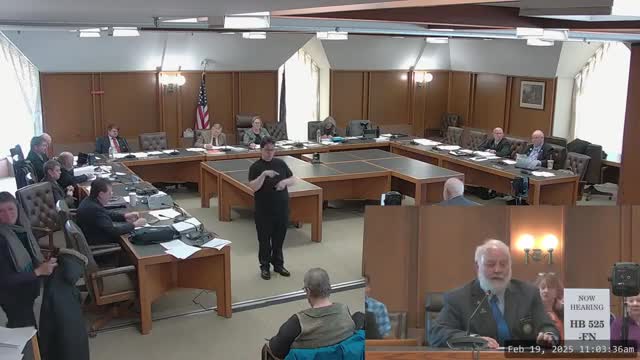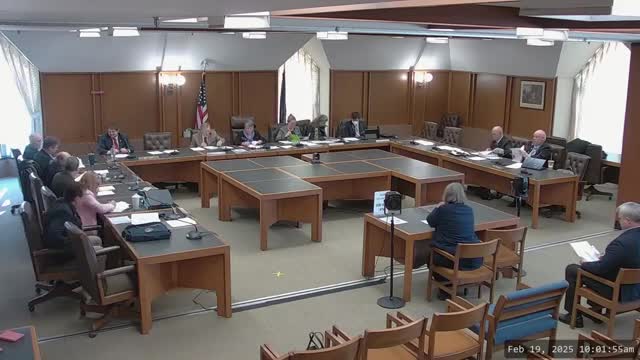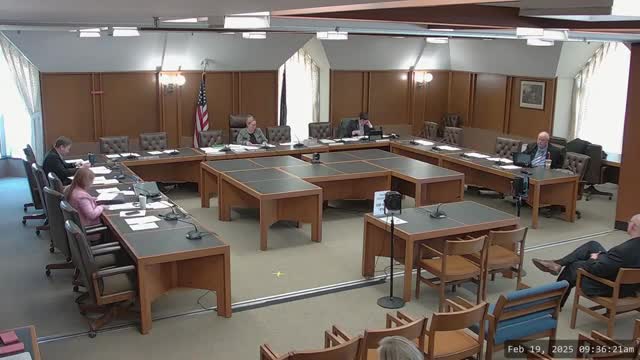Article not found
This article is no longer available. But don't worry—we've gathered other articles that discuss the same topic.

Interpreters, deaf advocates oppose moving interpreter licensure and Deaf services into OPLC

Counties, state clash over fair-market renewal rates as subcommittee hears bill on state leases

Subcommittee advances revised Group 3 retirement plan bill after compromise on start date and vesting

